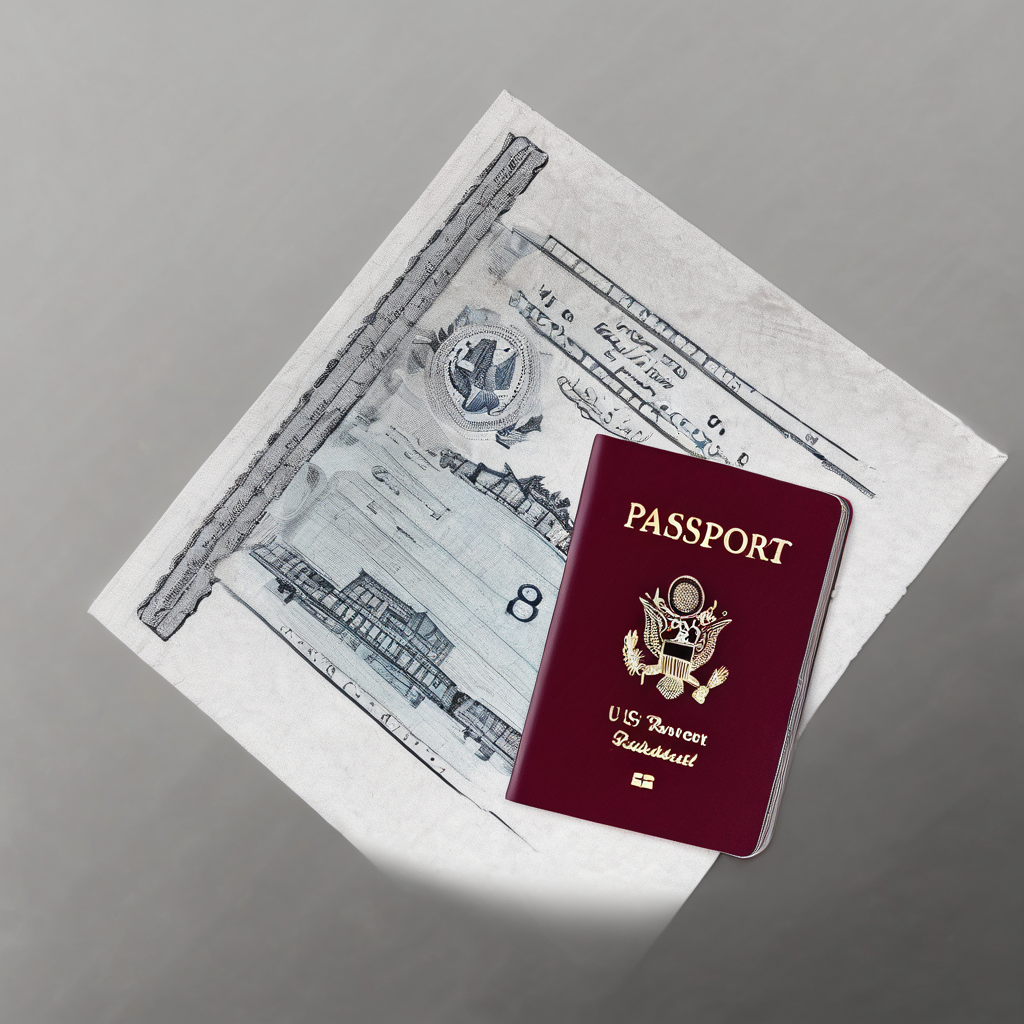The United States has announced the revocation of Colombian President Gustavo Petro’s visa due to allegations that he encouraged U.S. soldiers to disobey orders and incite violence during an appearance in New York. This decision, publicized by the U.S. State Department on social media platform X, underscores a moment of tension in U.S.-Colombia relations.
The revocation of a foreign leader’s visa is a significant diplomatic action, reflecting the gravity with which the U.S. views the incident. While specific details of Petro’s remarks in New York have not been disclosed, the reason stated by the U.S. suggests deep concern over the encouragement of actions contrary to military conduct and the potential implications for international relations.
This move comes amid a broader backdrop of fluctuating diplomatic dialogs and actions involving leaders within the Americas. Such decisions can often ripple through international political dynamics, possibly affecting cooperation on various fronts including trade, security, and humanitarian efforts.
In Colombia, this development could have repercussions for President Petro’s standing both domestically and internationally. His leadership, currently marked by efforts in labor reforms and tackling political violence, now faces the additional challenge of navigating strained relations with a key ally. The situation serves as a stark reminder of the complex interplay between national actions and international perceptions, where statements and actions carry significant weight on the global stage.
While tensions may have risen due to this incident, it’s essential for diplomatic channels between the U.S. and Colombia to remain open. Continued dialogue and mutual understanding can help to de-escalate tensions and foster more constructive relationships, emphasizing collaboration over conflict.
